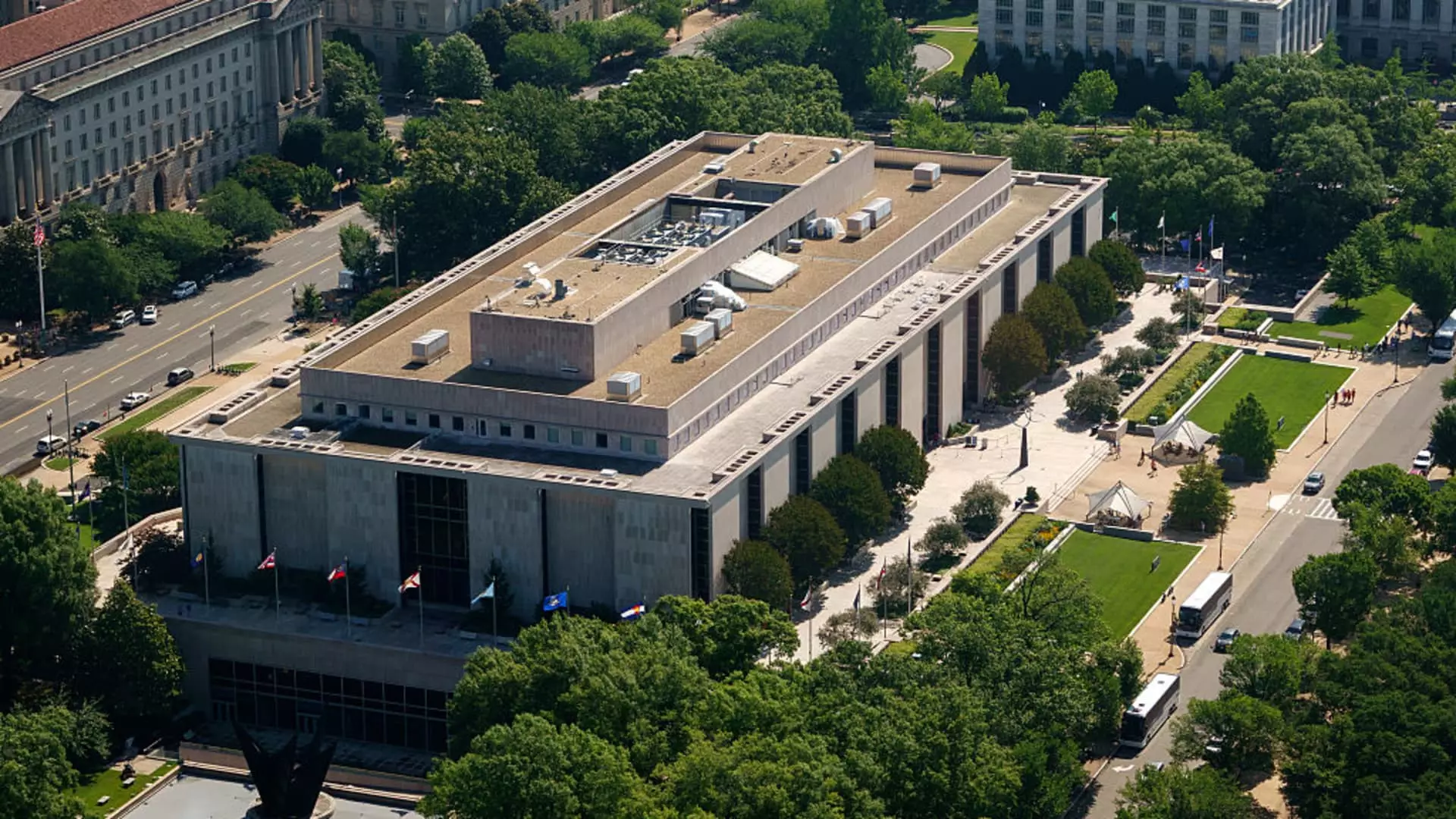In recent months, the rhetoric surrounding America’s cultural institutions has taken a sharp turn toward politicization, with former President Donald Trump asserting plans to purge what he labels as “woke” content from museums, starting with the Smithsonian. His claim that he will instruct lawyers to apply the same tactics he used against universities signals a concerning shift. The idea of government interference in the narrative presented by national museums is fraught with risks, as it threatens the integrity of these institutions and the pluralistic values they are supposed to uphold.
This approach is fundamentally problematic because it transforms cultural institutions from neutral spaces fostering education and reflection into battlegrounds for partisan politics. The Smithsonian, by design, is a repository of America’s diverse history, culture, and scientific achievements. Turning it into a tool for ideological censorship undermines its core purpose and erodes public trust. The narrative of American history is complex and nuanced; attempting to sanitize or shift it to fit a particular political agenda diminishes the educational value and disrespects the intelligence of the American people.
The Ideological Danger of Weaponizing Federal Funding
Trump’s explicit threat to leverage federal funding as a means of control is particularly alarming. By threatening the Smithsonian’s financial support, he aims to intimidate these institutions into towing a specific line—one devoid of uncomfortable truths or critical perspectives. Historically, censorship of this magnitude invites a dangerous precedent: the suppression of dissenting voices and the extinguishing of academic and cultural freedom. Governments that seek to control narratives under the guise of protecting national identity often do so at the expense of democratic principles, leading down a slippery slope toward authoritarianism.
The move echoes broader efforts to politicize academia and public discourse. As the Trump administration previously wielded financial pressure against universities over ideological disputes, the pattern re-emerges in the realm of national museums. This threatens to stifle honest discussions about uncomfortable aspects of history—such as slavery, racism, and colonialism—by framing them solely as “bad” narratives rather than essential components of understanding the nation’s past and future.
Uncovering the True Cost of “Wokeness” in Cultural Spaces
From Trump’s perspective, “wokeness” is a harmful ideology that stifles patriotism and distorts historical truth. However, this framing oversimplifies the complex nature of social progress. The push to include diverse stories, highlight marginalized voices, and critically examine national history is a vital part of a healthy democracy. Dismissing these efforts as “woke” and calling for censorship ignores the importance of inclusive narratives in fostering understanding and healing societal divisions.
Moreover, conflating “wokeness” with a culture to be purged overlooks the fact that many museums are actively engaging in efforts to diversify their exhibits and correct historical omissions. Such initiatives are not signs of decadence or ideological overreach but are necessary steps toward a more comprehensive understanding of American history. Undermining these efforts under political pressure risks creating a skewed, sanitized version of history that benefits no one in the long run.
The Broader Implications for Democratic Society
Allowing political actors to dictate what can or cannot be displayed in national museums endangers the very fabric of American democracy. This trajectory threatens to turn cultural institutions into propaganda outlets, eroding their credibility and independence. The freedom to explore multiple perspectives, including uncomfortable truths, is fundamental to intellectual growth and societal progress. By attempting to silence or reshape narratives, the current approach jeopardizes this principle and shifts the nation toward a more divided and less informed citizenry.
The backlash against “wokeness” often serves as a convenient scapegoat for deeper societal tensions. While critics argue that certain narratives are overly politicized, dismissing efforts for diversity and historical accuracy altogether ignores their importance. True patriotism involves embracing a full spectrum of history, not erasing or rewriting it to fit a preferred narrative. As leaders threaten to weaponize federal funding against museums and educational institutions, they cross a line that could permanently weaken America’s commitment to openness, truth, and reflection.
An Urgent Call for Balance and Integrity
America’s cultural institutions should not be battlegrounds for power struggles but sanctuaries for truth, debate, and education. While it’s natural for citizens to feel attached to national symbols and historical representations, compromising their integrity under political pressure sets a dangerous precedent. The challenge lies in safeguarding these institutions from becoming tools for ideological dominance, ensuring they remain open spaces for honest inquiry and diverse perspectives.
Rather than succumbing to the temptation of censorship, policymakers must recognize that the strength of American democracy depends on its ability to confront uncomfortable truths with honesty and maturity. Attempting to muzzle museum narratives under the guise of patriotism risks dismantling the very foundations of free expression. Ultimately, the health of a nation can be measured by its willingness to honestly grapple with all aspects of its history—warts and all—and to foster a national identity rooted in truth, resilience, and inclusive dialogue.


Leave a Reply